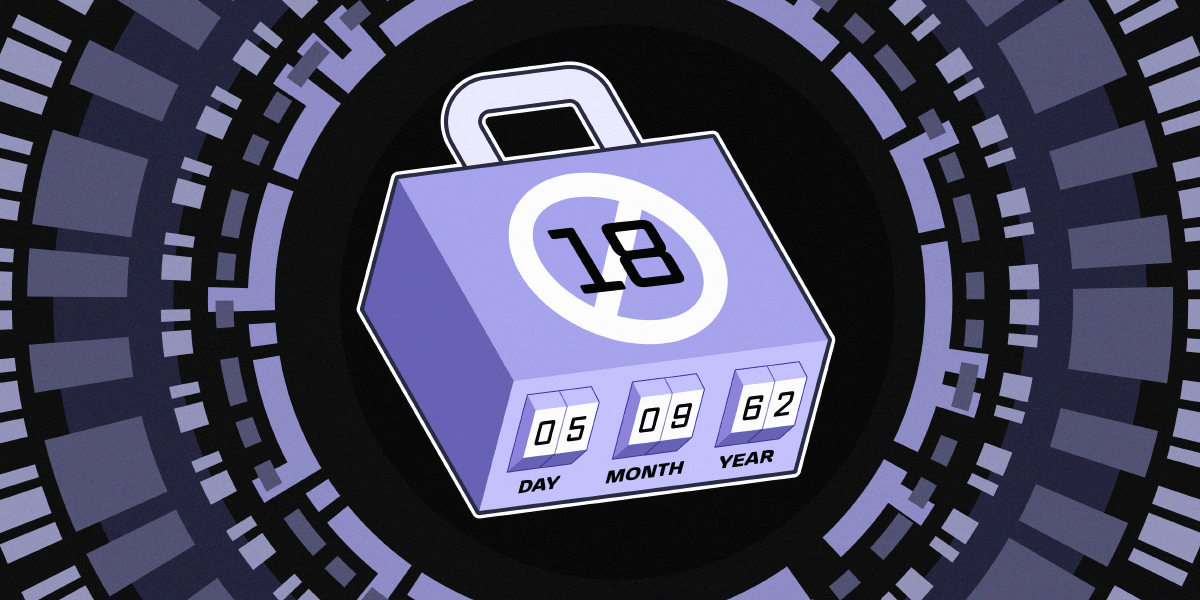Sure! Here’s the translated text in American English:
Amid a growing debate on regulating online content, Wyoming and South Dakota have implemented new laws requiring age verification on any website containing material deemed sexual. Since July 1, these regulations have raised questions about their impact on freedom of expression and access to information on the internet, encompassing not only pornographic content but also classic literature and art.
Platforms, from social media like X and Reddit to retailers like Amazon and streaming services like Netflix, face potential civil or criminal liabilities if they do not implement age verification methods for all their users. These laws are based on a U.S. Supreme Court decision that allows Texas to require age verification on sites where more than a third of the content is considered harmful to minors, an interpretation that expands the scope of online censorship.
One of the most controversial aspects of Wyoming’s law allows any resident with a child to file civil lawsuits against sites they believe are not complying with the regulations, turning citizens into an unprecedented surveillance system. This situation has caused concern among content creators, who are forced to consider self-censorship or restricting access to their platforms to avoid lawsuits.
Free speech advocates point out that these laws could erode online rights, turning content monitoring into an everyday practice. The ability of a single individual to decide what others can see online reflects the phenomenon of the “heckler’s veto,” which could change the nature of access to information and art.
The consequences of these laws affect both consumers and content creators. Any site hosting sexual material, even incidentally, risks being reported, thus limiting innovation and creative freedom. The urgent need for a debate about what is considered “harmful to minors” is evident, in a context where these regulations are part of a broader political movement to redefine standards on obscenity and sexual content online.
This landscape highlights the importance of vigilance by digital rights advocacy groups and the need for a collective response to protect a free and open internet. Without active resistance, the digital future could be threatened by fear and censorship, transforming the online space as we know it.
via: MiMub in Spanish










